Blog
- Home
- Blog
Ultimate Guide to Choosing the Best Solar Panels for Your Home
Choosing the right solar panels for your home can be a daunting task, especially with the myriad options available in today's market. With the rising emphasis on sustainability and energy efficiency, understanding what factors to consider when selecting solar panels for home use is more critical than ever. This ultimate guide aims to demystify the process, providing you with valuable insights into types of solar panels, installation considerations, and cost factors. By equipping yourself with the right knowledge, you can make an informed decision that not only enhances your home's energy efficiency but also reflects your commitment to a greener future. Whether you are a first-time buyer or looking to upgrade your current system, this guide will serve as a comprehensive resource to help you navigate the selection process with confidence.
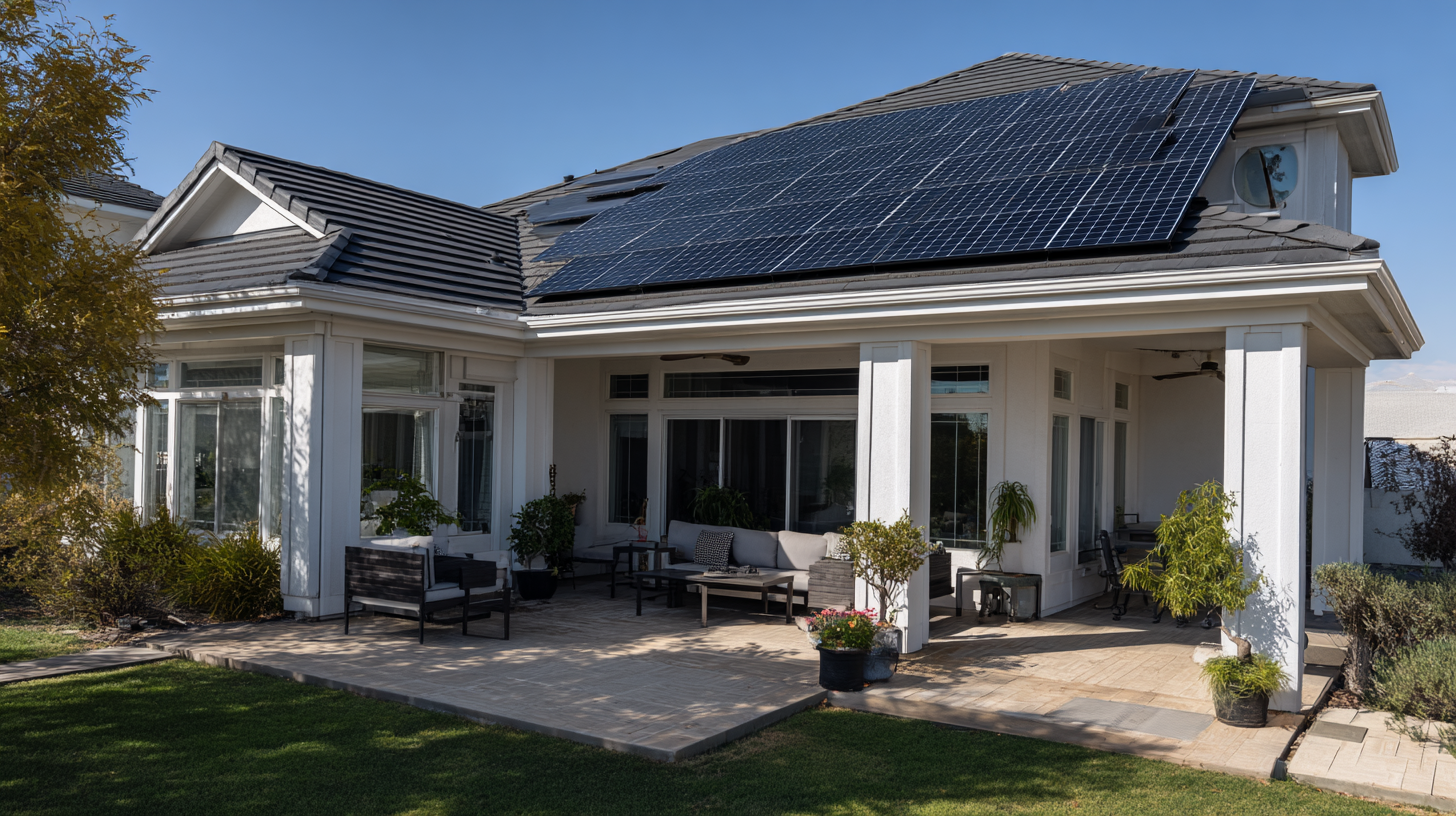
Key Factors to Consider When Selecting Solar Panels for Your Home
When selecting solar panels for your home, several key factors must be considered to ensure optimal performance and return on investment. One of the most critical aspects is the efficiency rating of the solar panels. According to the National Renewable Energy Laboratory (NREL), high-efficiency panels can convert up to 22% of sunlight into electricity, making them a superior choice for homeowners facing space constraints. This is especially important for urban areas with limited roof space, where maximizing output is essential.
Another vital consideration is the durability and warranty of the solar panels. Industry studies reveal that most reputable manufacturers offer a 25-year performance warranty, indicating their confidence in the longevity and reliability of their products. Additionally, considering the certification from organizations such as Underwriters Laboratories (UL) ensures that the panels meet stringent safety standards, contributing to overall system longevity. Homeowners should also evaluate the panel's temperature coefficient, which determines efficiency loss in high-temperature conditions; selecting panels with a lower coefficient can significantly enhance energy production in warmer climates.
Ultimate Guide to Choosing the Best Solar Panels for Your Home
This chart illustrates the efficiency, cost, and warranty duration of different types of solar panels available for residential use, helping homeowners make informed decisions when selecting solar panels.
Understanding Different Types of Solar Panels and Their Efficiency Ratings
When selecting solar panels for home installation, understanding the various types and their efficiency ratings is crucial. Traditionally, solar panels are categorized into three main types: monocrystalline, polycrystalline, and thin-film. Monocrystalline panels, known for their high efficiency and sleek appearance, dominate the market for residential applications. These panels typically boast efficiency ratings between 15% to over 22%, making them an excellent choice for homeowners with limited roof space. In contrast, polycrystalline panels offer a balance of efficiency and cost-effectiveness, with efficiency ratings ranging from 13% to 16%. While thin-film panels provide a lightweight option with flexibility, their efficiency tends to be lower, often between 10% to 12%, making them less popular for residential use.
The global demand for solar energy is reflected in the burgeoning market forecasts. The interconnected solar photovoltaic market alone is expected to grow significantly, with estimates suggesting it will reach $154 billion by 2032, up from $41.2 billion in 2024, at a compound annual growth rate (CAGR) of 17.92%. This rapid growth underscores the increasing adoption of solar technology and highlights the importance of choosing the right type of solar panel that aligns not only with energy efficiency but also with market trends and technological advancements. As the industry moves towards more eco-friendly solutions, understanding these dynamics will aid homeowners in making informed decisions.
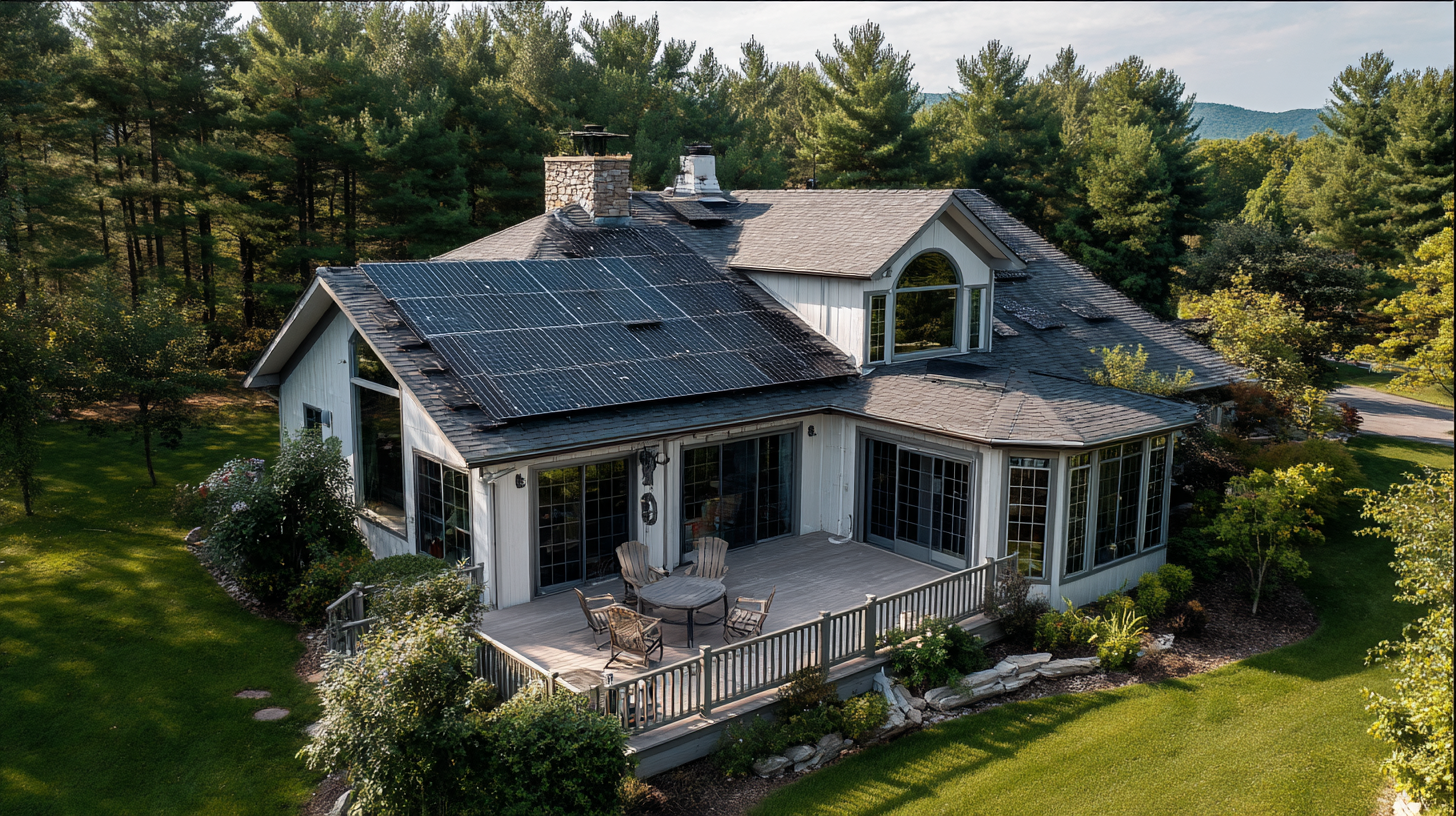
Cost Analysis: How to Budget for Your Solar Panel Installation
When budgeting for solar panel installation, it’s essential to analyze both upfront costs and long-term savings. According to the Solar Energy Industries Association (SEIA), the average cost of solar panels in the U.S. is about $3 per watt. For a typical 6 kW system, this translates to roughly $18,000 before tax credits and incentives. However, with the federal solar tax credit currently set at 26%, homeowners can significantly reduce this amount, making solar a more accessible investment.
Tip: Always obtain multiple quotes from different solar installers to ensure you get the best price for your installation. Research local and state incentives, as some areas offer rebates or additional tax credits that can further alleviate installation costs.
In addition to initial expenses, it’s vital to consider the long-term financial implications. The average household can save between $10,000 and $30,000 over the lifetime of their solar panels, depending on their energy usage and local electricity rates. With energy costs continuing to rise, investing in solar can provide a buffer against future price increases.
Tip: Use online solar calculators to estimate your potential savings and payback period, ensuring you have a clearer picture of your investment potential before making a decision.
Tips for Evaluating Solar Panel Warranties and Lifespan
When choosing solar panels for your home, evaluating warranties and lifespan is crucial to ensure a sound investment. Most solar panels come with a manufacturer warranty ranging from 10 to 25 years, which typically covers potential defects and performance issues. According to a report from the National Renewable Energy Laboratory (NREL), high-quality solar panels can maintain 80% of their efficiency for up to 25 years, suggesting that investing in a panel with a longer warranty often correlates with better performance longevity.
Additionally, understanding the degradation rate of solar panels is important. Research indicates that most silicon-based solar panels degrade at an average rate of about 0.5% to 1% per year. This means after 25 years, a panel rated at 300W could produce around 210W, assuming a 0.8% degradation rate. Therefore, when comparing options, look for panels with lower degradation rates and longer performance guarantees, as these factors contribute significantly to the overall value and efficiency of your solar energy system over time.
Maximizing Energy Savings: Choosing the Right Solar Panel System for Your Needs
When considering the transition to solar energy, selecting the right solar panel system is crucial for maximizing your energy savings. According to the National Renewable Energy Laboratory, homeowners can reduce their electricity bills by 50% to 90% through a well-planned solar installation. To ensure that your investment pays off, it's essential to assess your home’s energy consumption patterns and choose a system that aligns with your specific needs.
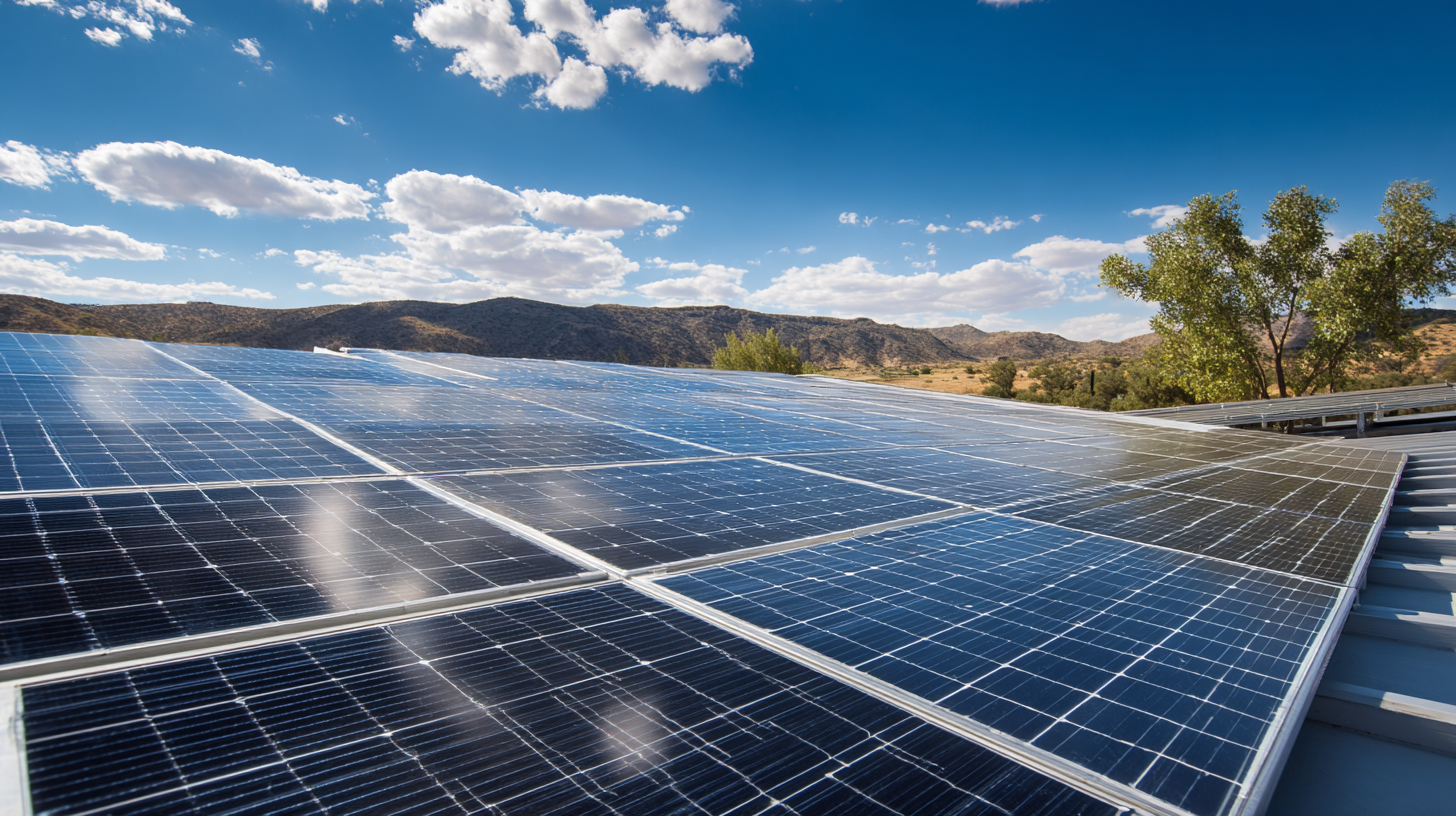
The efficiency of solar panels plays a significant role in how much energy you can generate. For instance, high-efficiency panels like monocrystalline options can convert up to 22% of sunlight into electricity, significantly outperforming traditional panels. A report from the Solar Energy Industries Association indicates that over the past decade, solar panel prices have dropped by 82%, making it more accessible for homeowners to invest in high-efficiency systems. By carefully evaluating the available technologies and considering the long-term savings they offer, you can create a solar solution that not only fits your budget but also maximizes your energy savings for years to come.
Related Posts
-

Exploring Diverse Alternatives to Power Solar Panels for Sustainable Energy Solutions
-
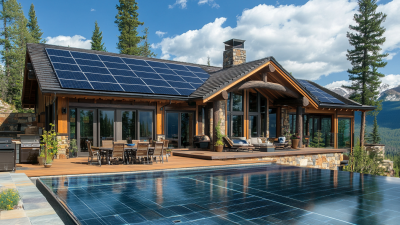
Global Insights on Residential Solar Panels Market by 2025 Trends Data and Strategies for Success
-
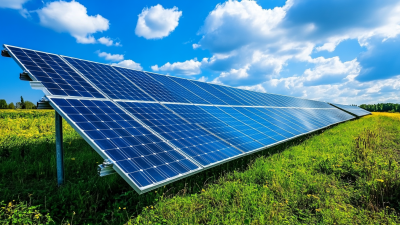
Top Strategies for Sourcing the Best Power Solar Panels Globally
-
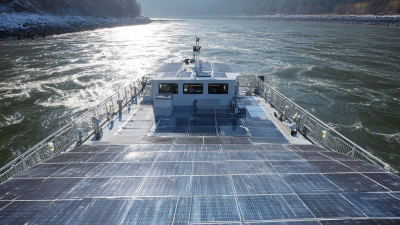
Navigating Challenges with Best Green Energy Solar Solutions
-
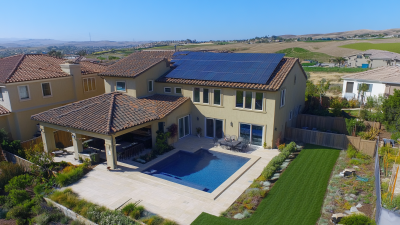
Unlocking the Secrets to Sourcing Top Tier Solar Energy Storage Solutions for Global Buyers
-
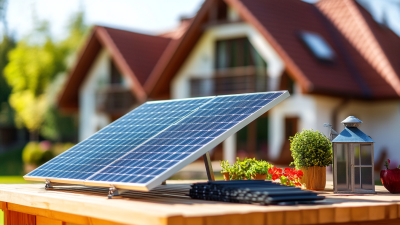
Solar Panel Market Forecast 2025: Strategies for Global Buyers to Maximize Investment Opportunities